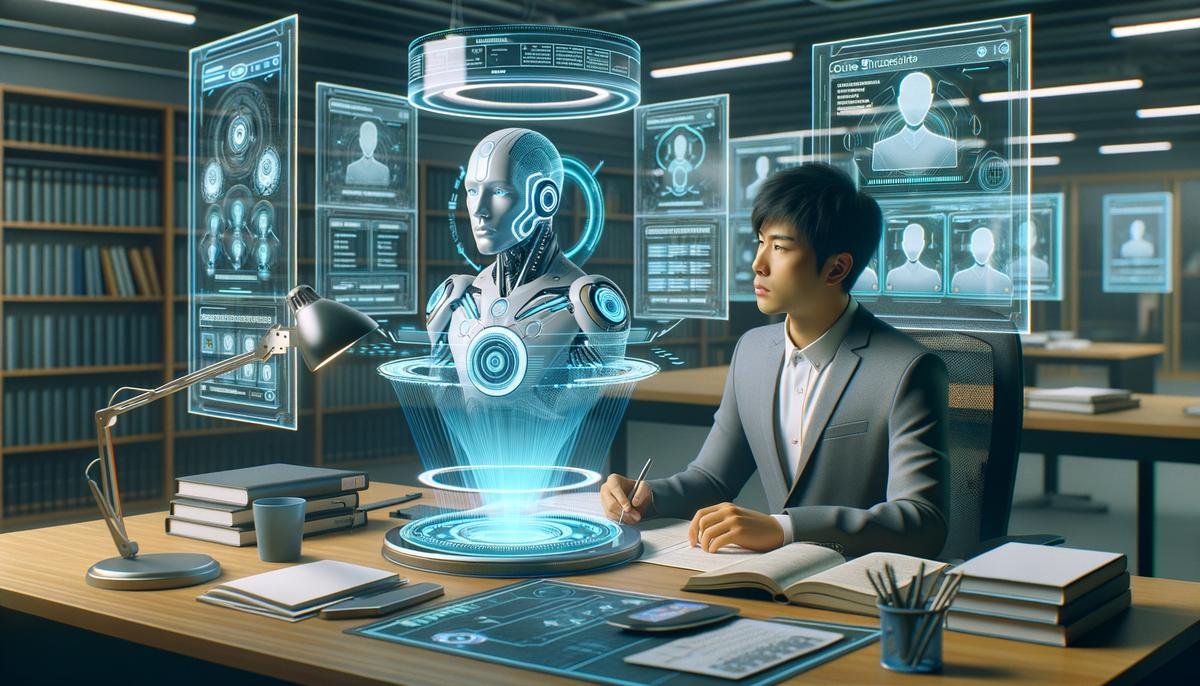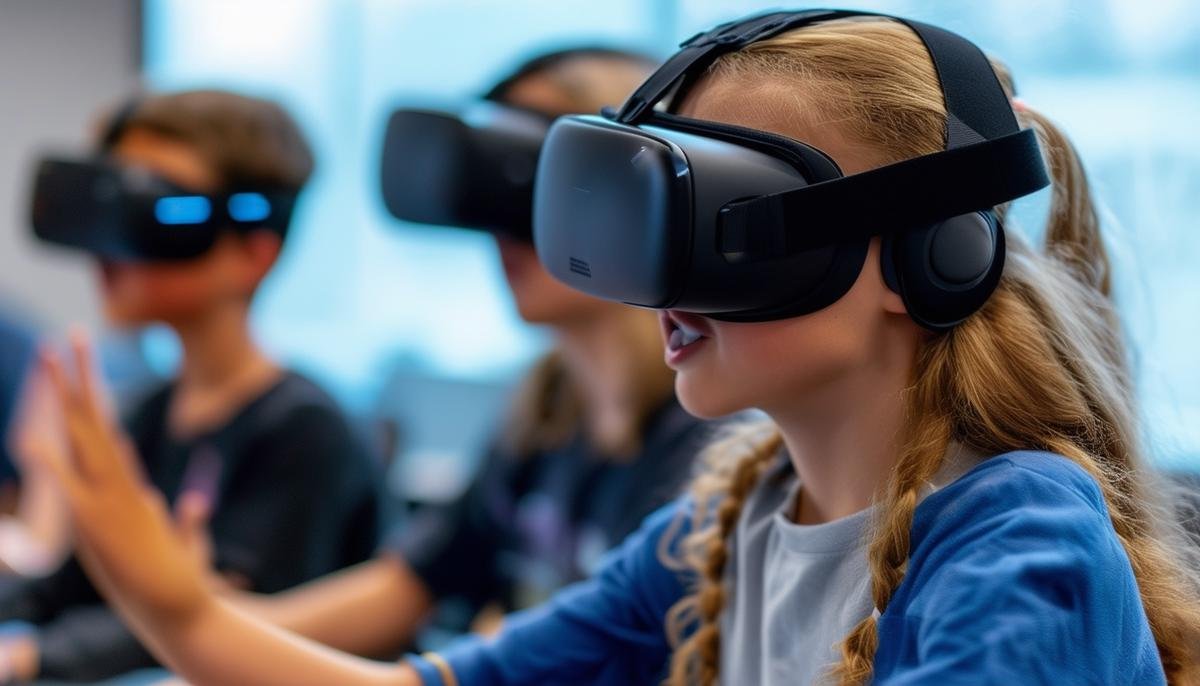Generative AI in Personalized Learning
Generative AI is reshaping Coursera’s platform. With Coursera Coach, learners access a virtual coach powered by generative AI. This coach offers:
- Answers to questions
- Personalized feedback
- Summaries of video lectures
- Targeted recommendations for concept improvement
Coursera uses machine learning for course translations, making thousands of course materials available in several languages like Spanish, French, and German. This expands learning accessibility globally.
The platform’s Guided Projects have been upgraded. Learners can watch instructional videos side-by-side with their workspace, making it easier to follow along and practice job-ready skills.
For educators, AI has transformed course creation. AI-assisted features can generate course content like structure, readings, and assignments based on simple inputs. This reduces time and cost of creating high-quality materials.
Coursera now offers features like:
- A plagiarism portal for examining metrics and handling appeals
- ID verification
- Enhanced detection capabilities
Quick Grader’s intuitive design streamlines grading processes, assisting educators with reusable comments and rich text feedback.
Improved authoring capabilities come with tools like Rich Text Editor 2.0 and a revamped Version History. These enhance customizability and ease of use, allowing for better formatted and accessible content creation.

Machine Learning-Powered Translations
Coursera’s machine learning-powered translation feature breaks language barriers by translating course materials into multiple languages. This includes:
- Spanish
- French
- German
- Arabic
- Portuguese
- Thai
- Indonesian
This development makes education accessible to millions of learners globally. For learners, it allows non-English speakers to fully engage with content in their preferred languages. Educators can reach a broader audience, fostering a more diverse learning community.
These translations preserve context and nuances of educational materials, maintaining the quality of the original content. Coursera’s initiative is a significant step towards an inclusive, global educational ecosystem, creating opportunities for learners and educators alike.
AI-Assisted Course Building
Coursera’s AI-assisted course-building tools simplify the process of creating high-quality content. Through basic inputs from educators, these AI capabilities can automatically generate:
- Course structures
- Readings
- Assignments
- Glossaries
This innovation reduces time and financial investment in course material development. The AI creates comprehensive course structures and generates detailed reading materials and assignments aligned with learning objectives. It also creates glossaries, providing students with structured resources for complex terminologies and ideas.
This development reduces costs for educational institutions and individual educators, allowing for more efficient resource allocation. The AI complements the educator’s expertise, operating as a collaborative partner in the creation process. This streamlines educators’ workload and broadens the reach and accessibility of high-quality education.

Virtual Reality in Education
Coursera integrates Virtual Reality (VR) components into its courses, enriching the learning experience. VR offers immersive ways to explore complex subjects, such as:
- Simulated public speaking environments
- Virtual tours of biological systems
VR creates a more engaging and interactive learning environment, accommodating different learning styles. For educators, it offers a powerful tool to enhance teaching methods, allowing creation of dynamic and interactive curricula.
The accessibility of VR experiences via desktop and VR headsets ensures a wide range of learners can benefit from this technology. This innovative approach enhances learner engagement and understanding while preparing students for practical application of knowledge in real-world scenarios.

Academic Integrity and AI
Coursera uses AI-driven solutions to ensure academic integrity. These include:
- Advanced plagiarism detection tools: Identify copied content and examine citation patterns and unusual writing styles.
- ID verification: Confirms learners’ identities before key assessments using biometric data.
- Hybrid-live proctoring: Combines live monitoring with AI-driven oversight during examinations.
AI algorithms analyze patterns and behaviors that might indicate academic dishonesty. These AI tools provide real-time analysis and actionable insights, enabling immediate detection and action against cheating.
The scalability of these solutions is critical for Coursera as a global platform, efficiently handling large volumes of data and assessments.
Coursera’s advancements in AI and VR are creating a more inclusive and effective learning environment. By integrating these technologies, the platform is making education more accessible, engaging, and adapted to individual needs, ensuring that learners worldwide can benefit from high-quality educational experiences.
- Sunar AS, White S, Abdullah NA, Davis HC. How learners’ interactions sustain engagement: a MOOC case study. IEEE Trans Learn Technol. 2016;10(4):475-487.
- Kaplan AM, Haenlein M. Higher education and the digital revolution: About MOOCs, SPOCs, social media, and the Cookie Monster. Bus Horiz. 2016;59(4):441-450.
- Liyanagunawardena TR, Adams AA, Williams SA. MOOCs: A systematic study of the published literature 2008-2012. Int Rev Res Open Dis. 2013;14(3):202-227.




